Using cheap fuel in your car might seem like a cost-saving measure, but it can lead to several issues that could end up costing you more in the long run. Low-quality fuel can cause engine knocking, reduce fuel efficiency, and lead to buildup in the fuel injectors, which hampers performance. Over time, these problems can result in costly repairs and decreased vehicle longevity. In this article, we’ll explore the common issues that arise from using cheap fuel and why investing in high-quality fuel is essential for maintaining your car’s health and performance.
Contents
Engine Knock
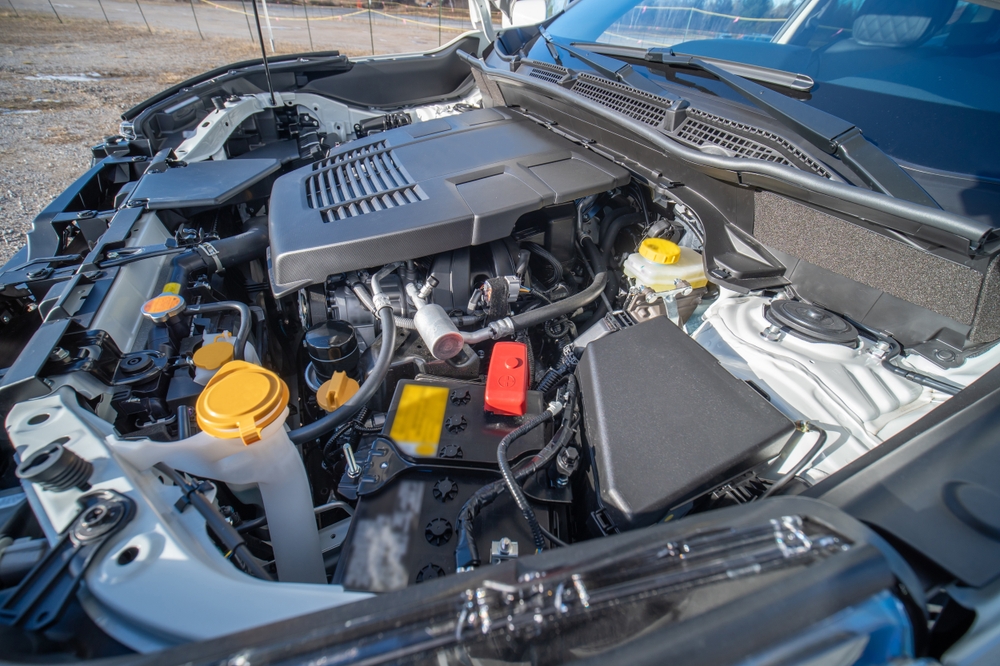
Using cheap fuel often results in lower-quality gasoline that lacks the necessary octane rating for your car’s engine. This can lead to engine knock, also known as pre-ignition or pinging, where the air-fuel mixture detonates prematurely in the cylinders. Engine knock can cause damage to the pistons, rods, and other engine components. To prevent this, always use the recommended octane rating for your vehicle as specified by the manufacturer. If you experience engine knock, switch to a higher-octane fuel immediately and have your engine inspected by a professional to check for any damage.
Clogged Fuel Injectors
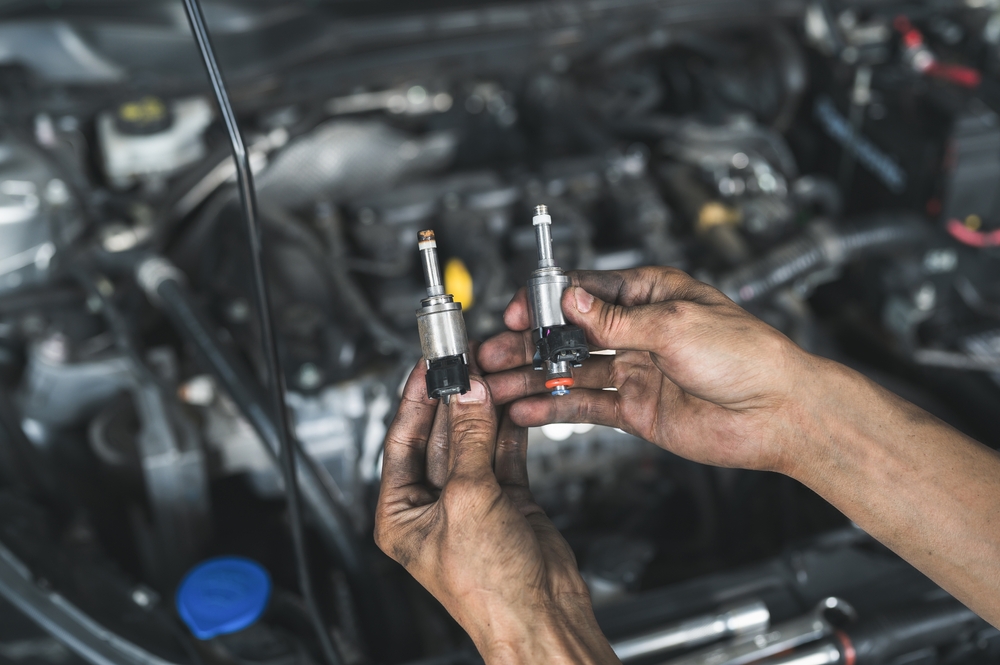
Cheap fuel often contains more impurities and lower-quality additives that can lead to the buildup of deposits in your fuel injectors. Over time, these deposits can clog the injectors, reducing their efficiency and leading to poor engine performance, rough idling, and increased fuel consumption. To prevent clogged fuel injectors, consider using a fuel injector cleaner regularly and always choose higher-quality fuel from reputable gas stations. If your fuel injectors are already clogged, you may need to have them professionally cleaned or replaced.
Fuel Filter Blockage
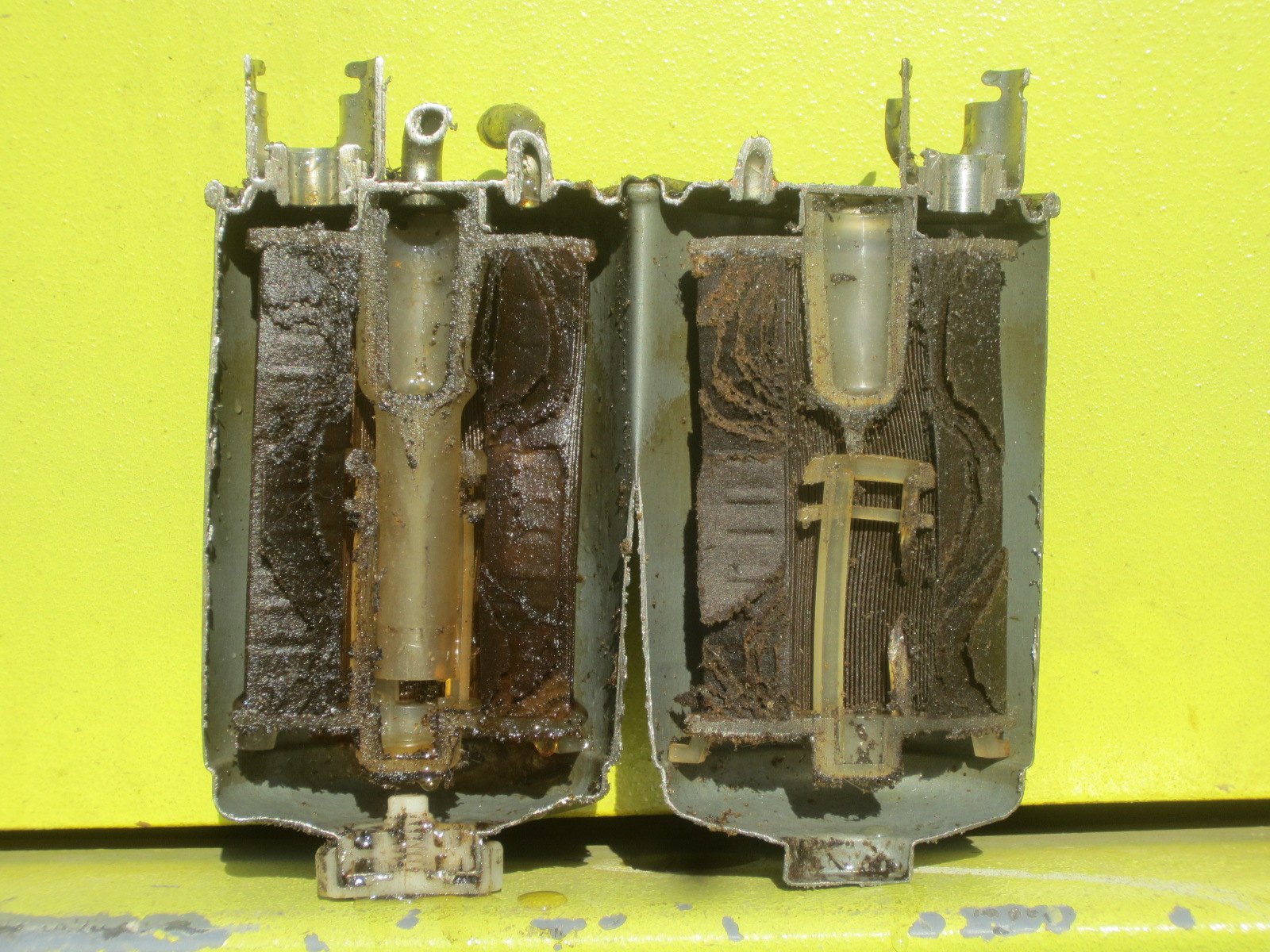
Impurities and contaminants found in cheap fuel can quickly accumulate in your car’s fuel filter, leading to blockages. A blocked fuel filter restricts the flow of fuel to the engine, resulting in poor performance, hard starts, and even engine stalling. To prevent this, it’s essential to replace your fuel filter at the intervals recommended by your vehicle’s manufacturer, and avoid using fuel from unknown or disreputable sources. If you suspect a blocked fuel filter, have it checked and replaced by a mechanic to restore proper fuel flow.
Reduced Fuel Efficiency
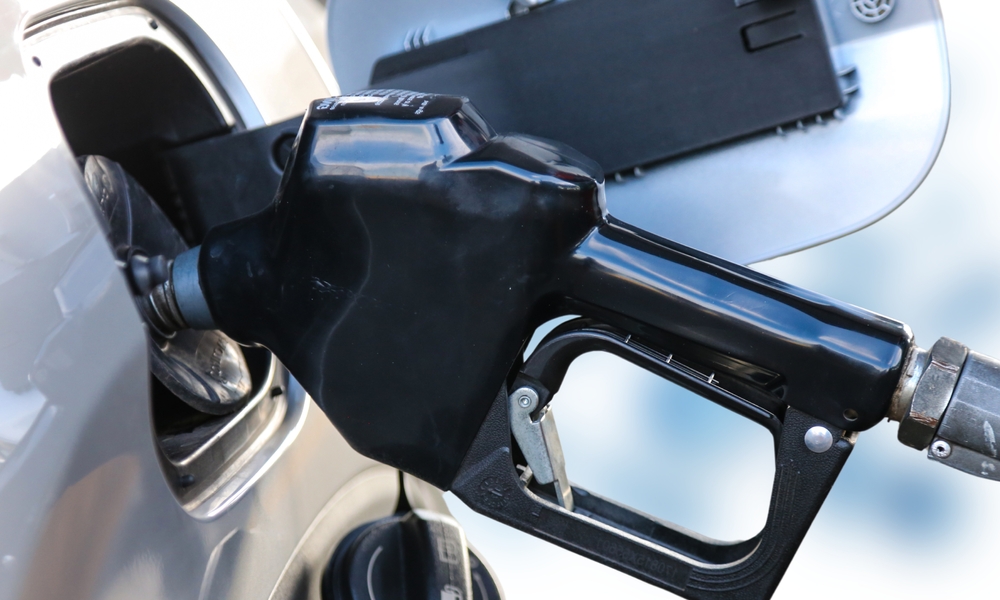
Cheap fuel often contains lower-quality additives or ethanol blends that can reduce your car’s fuel efficiency. You might find yourself needing to refuel more often, which negates any savings from buying cheaper fuel. To maintain optimal fuel efficiency, use higher-quality fuel that meets or exceeds your vehicle’s specifications. If you’ve been using cheap fuel and notice a drop in fuel efficiency, consider switching to a higher-grade fuel and using a fuel system cleaner to remove any deposits that may have formed.
Catalytic Converter Damage
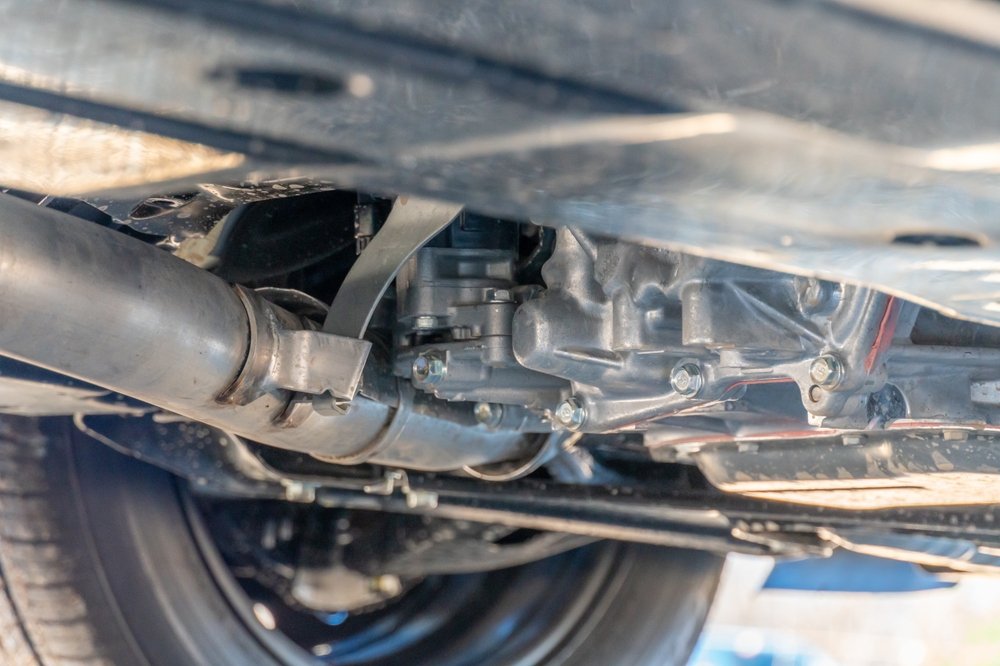
The impurities in cheap fuel can cause damage to your car’s catalytic converter, a critical component of your vehicle’s emission control system. A damaged catalytic converter can lead to increased emissions, poor engine performance, and potentially expensive repairs. To prevent catalytic converter damage, always use fuel that meets your vehicle’s specifications and avoid fuel from unreliable sources. If your catalytic converter is damaged, it may need to be replaced, which can be costly.
Spark Plug Fouling
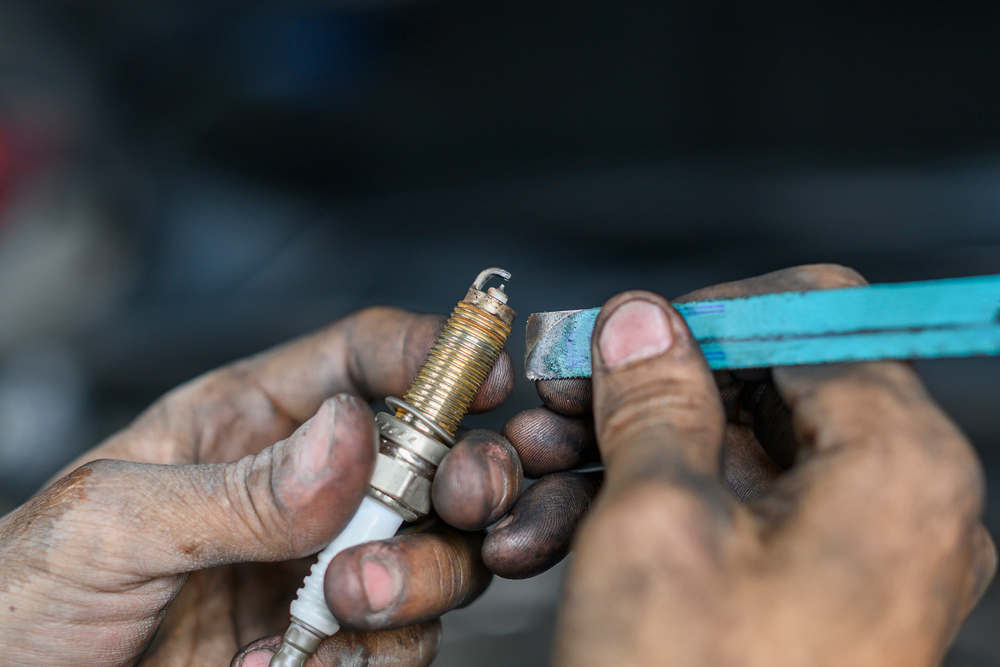
Cheap fuel can cause your spark plugs to foul, leading to misfires, reduced engine performance, and increased emissions. Fouled spark plugs are often coated with a black, sooty residue, which prevents them from igniting the air-fuel mixture properly. To prevent this, use high-quality fuel and replace your spark plugs according to your vehicle’s maintenance schedule. If your spark plugs are already fouled, replacing them and using a fuel additive to clean the combustion chamber can help restore engine performance.
Fuel Pump Wear
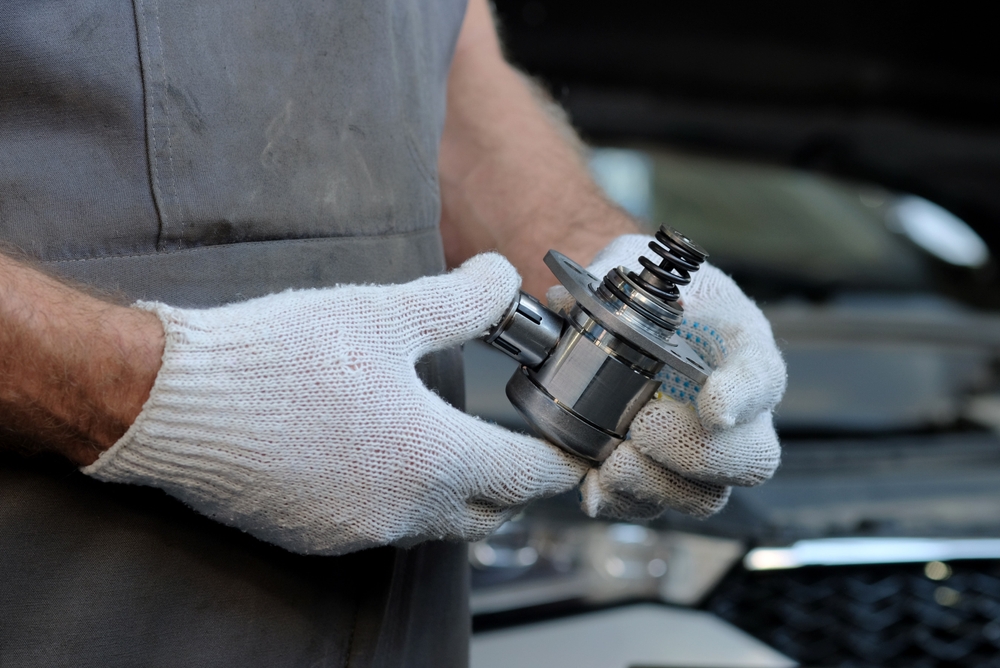
Cheap fuel with impurities can cause excessive wear on your fuel pump, leading to premature failure. The fuel pump is responsible for delivering fuel from the tank to the engine, and when it wears out, you may experience hard starts, sputtering, or a complete loss of engine power. To extend the life of your fuel pump, use high-quality fuel and consider adding a fuel system cleaner periodically. If your fuel pump is already worn, it may need to be replaced, which can be an expensive repair.
Increased Emissions
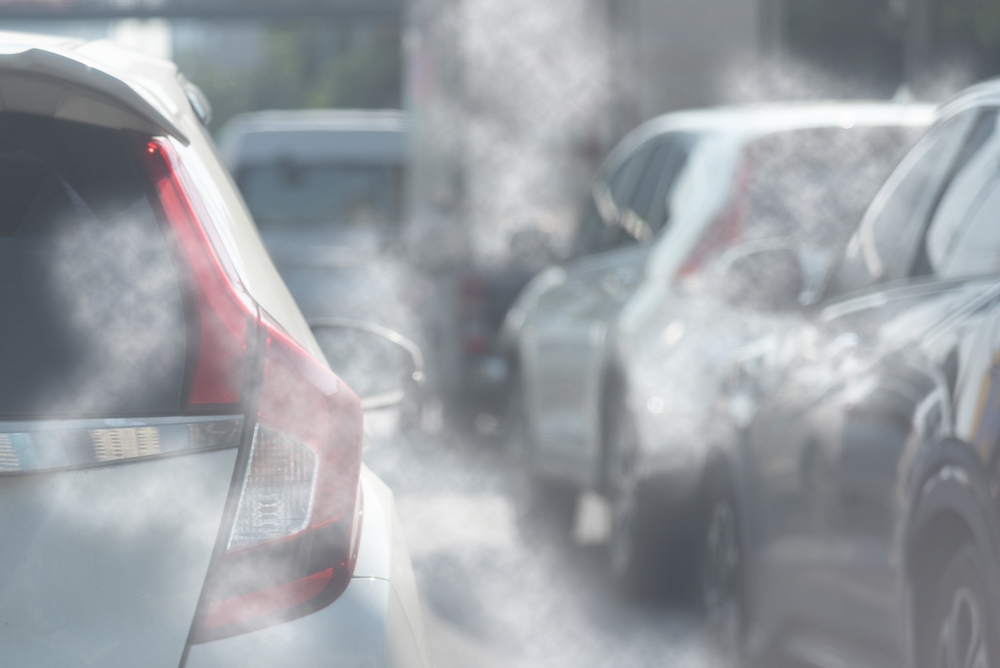
Using low-quality, cheap fuel can lead to incomplete combustion in the engine, resulting in higher levels of harmful emissions such as carbon monoxide, hydrocarbons, and nitrogen oxides. This not only contributes to environmental pollution but can also cause your vehicle to fail emissions tests. To reduce emissions, use high-quality fuel with the proper additives that promote complete combustion. If your car fails an emissions test, switching to better fuel and having your engine and emission control system checked can help resolve the issue.
Engine Deposits
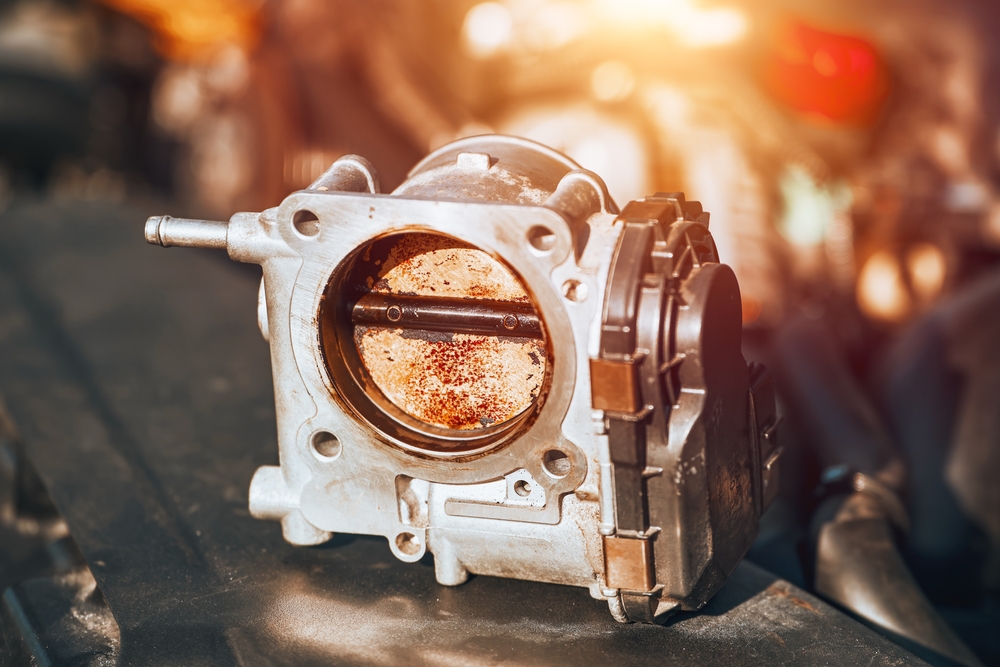
Cheap fuel often contains lower-quality additives that do not adequately clean the engine, leading to the buildup of carbon deposits on the valves, pistons, and other engine components. These deposits can reduce engine efficiency, cause rough idling, and even lead to engine damage over time. To prevent engine deposits, use high-quality fuel that includes detergent additives designed to keep the engine clean. If deposits have already formed, using a fuel system cleaner or having your engine professionally cleaned can help restore performance.
Fuel Line Corrosion
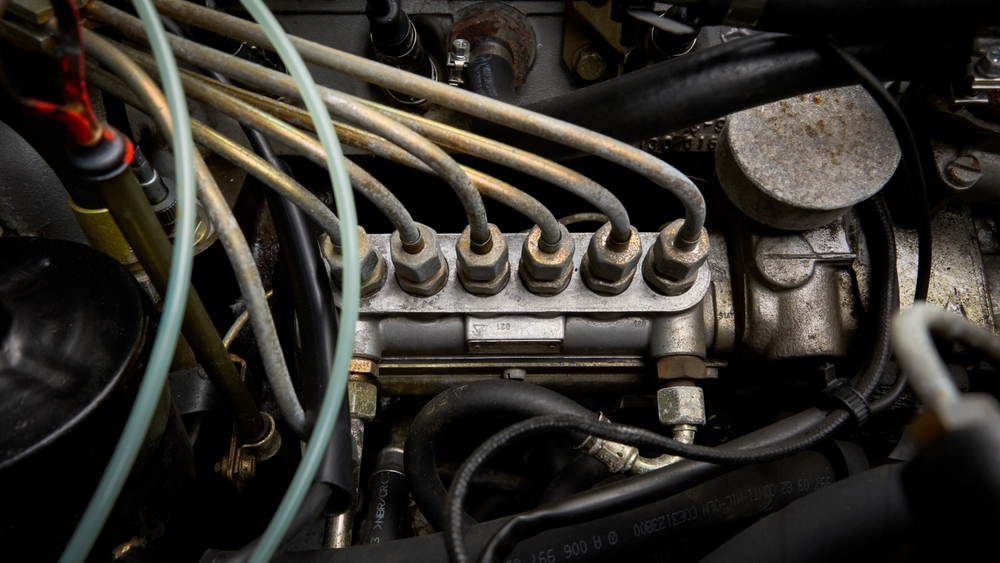
The impurities and ethanol content in cheap fuel can cause corrosion in your car’s fuel lines, leading to leaks and potentially dangerous situations. Corroded fuel lines can result in reduced fuel pressure, poor engine performance, and even fire hazards. To prevent fuel line corrosion, use high-quality fuel from reputable sources and consider adding a fuel stabilizer if your car will be sitting unused for extended periods. If you notice a fuel smell or see leaks, have your fuel lines inspected and replaced immediately.
Hard Starting

Cheap fuel can cause hard starting issues due to its lower quality and potential contamination. Impurities in the fuel can affect the combustion process, making it difficult for the engine to start, especially in cold weather. To avoid hard starting, use high-quality fuel that meets your vehicle’s specifications and keep your fuel system well-maintained. If you experience hard starting, consider using a fuel additive to clean the fuel system and ensure the fuel you use is free of contaminants.
Vapor Lock
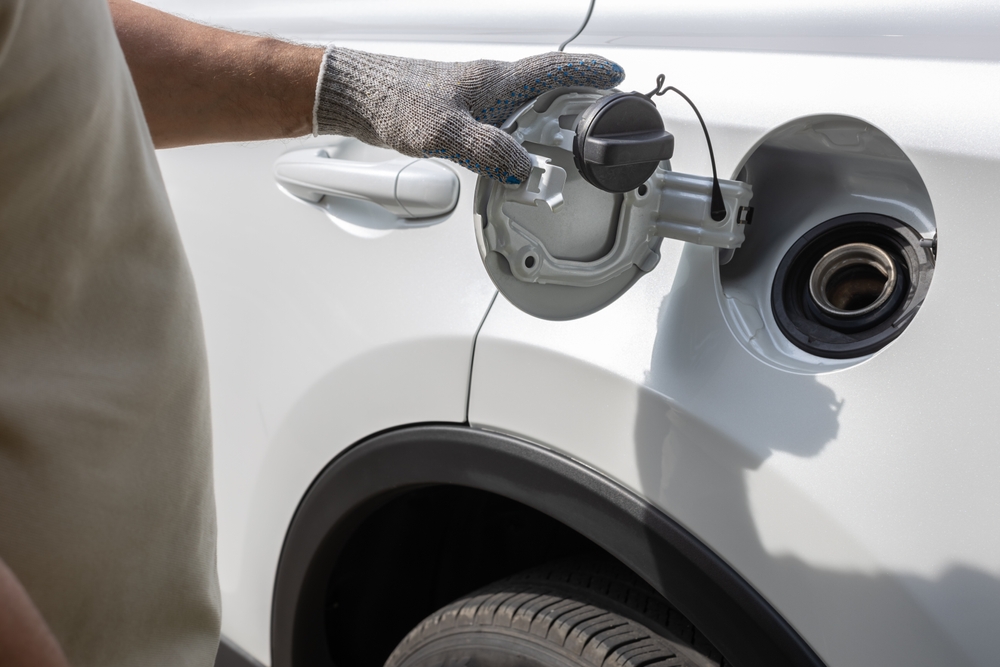
Cheap fuel, especially those with high ethanol content, is more prone to vapor lock, where fuel vaporizes in the fuel line, preventing the engine from running smoothly or starting at all. This is more common in older vehicles and in hot weather conditions. To prevent vapor lock, use high-quality fuel with a lower ethanol content and keep your fuel system well-maintained. If vapor lock occurs, allowing the engine to cool down and using a fuel additive designed to reduce vaporization can help.
Reduced Engine Power

Low-quality fuel can lead to reduced engine power due to its inability to provide the necessary combustion efficiency. This is particularly noticeable during acceleration, where the engine may feel sluggish or unresponsive. To maintain optimal engine power, use fuel with the recommended octane rating and quality additives. If you notice a drop in engine power after using cheap fuel, switching to a higher-quality fuel and using a fuel injector cleaner may help restore performance.
Engine Overheating

Cheap fuel can contribute to engine overheating by causing poor combustion, which generates excess heat in the engine. Over time, this can lead to damage to the engine’s cooling system and even engine failure. To prevent overheating, use high-quality fuel and ensure your engine’s cooling system is functioning properly. If your engine begins to overheat, stop driving immediately and have your cooling system and fuel system inspected by a professional.
Exhaust System Damage
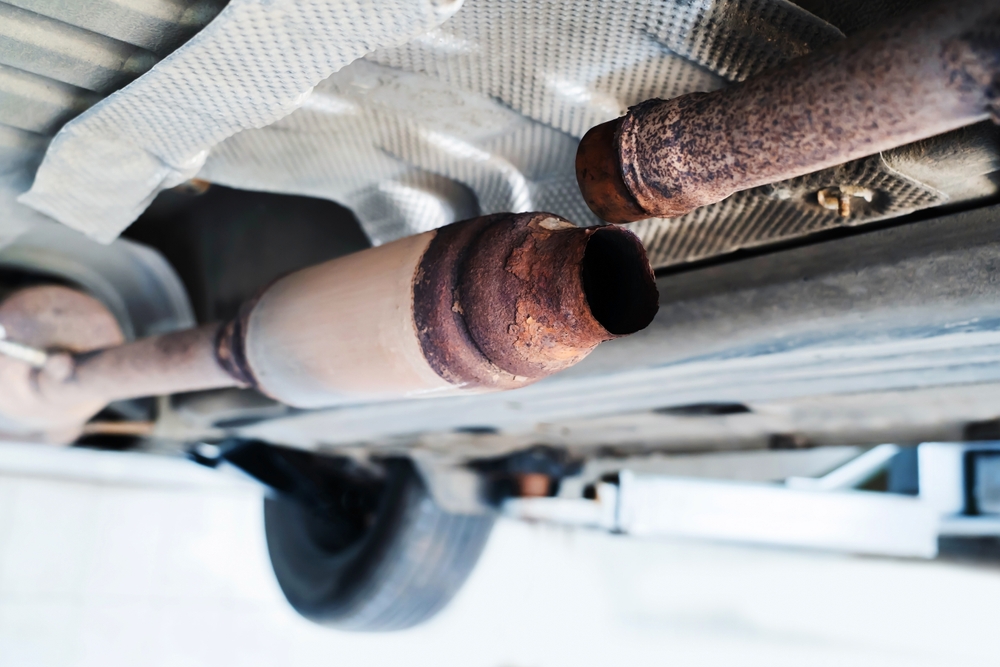
The impurities and incomplete combustion associated with cheap fuel can lead to the buildup of carbon deposits in your exhaust system, including the muffler and exhaust pipes. This can cause reduced exhaust flow, increased backpressure, and eventually damage to the exhaust system. To prevent this, use high-quality fuel and consider adding a fuel system cleaner periodically. If your exhaust system is already damaged, you may need to replace the affected components to restore proper exhaust flow.
Check Engine Light Activation
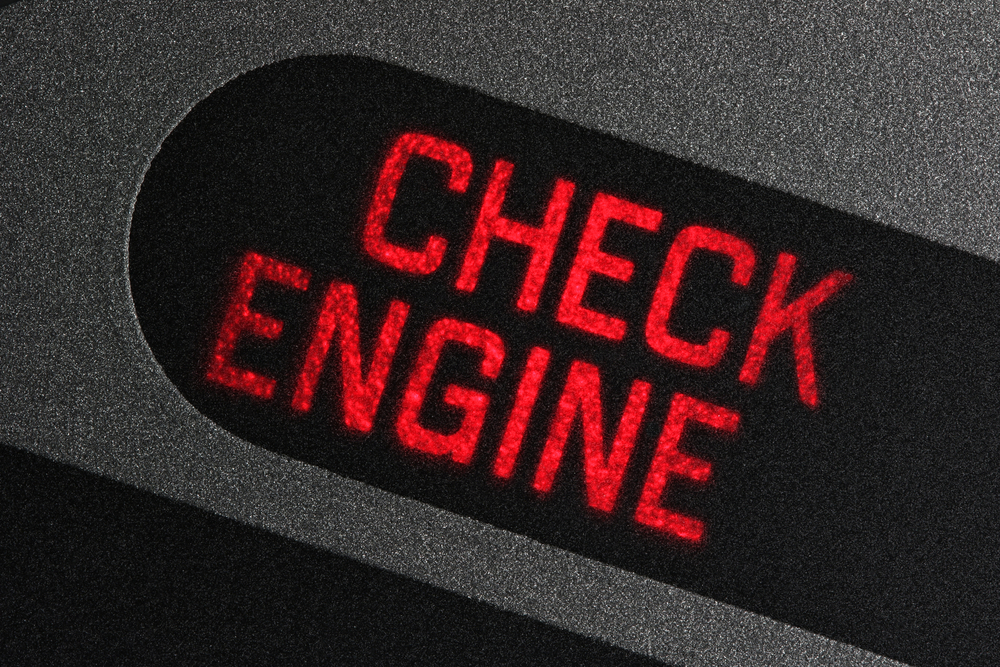
Using cheap fuel can trigger your car’s check engine light due to the potential for poor combustion, engine knock, or clogged components like the fuel injectors or catalytic converter. The check engine light indicates that the engine’s performance is compromised, and continued use of low-quality fuel can lead to more serious issues. To prevent the check engine light from activating, use high-quality fuel that meets your vehicle’s specifications. If the light does come on after using cheap fuel, have your vehicle diagnosed by a mechanic to address any underlying issues.
Increased Maintenance Costs
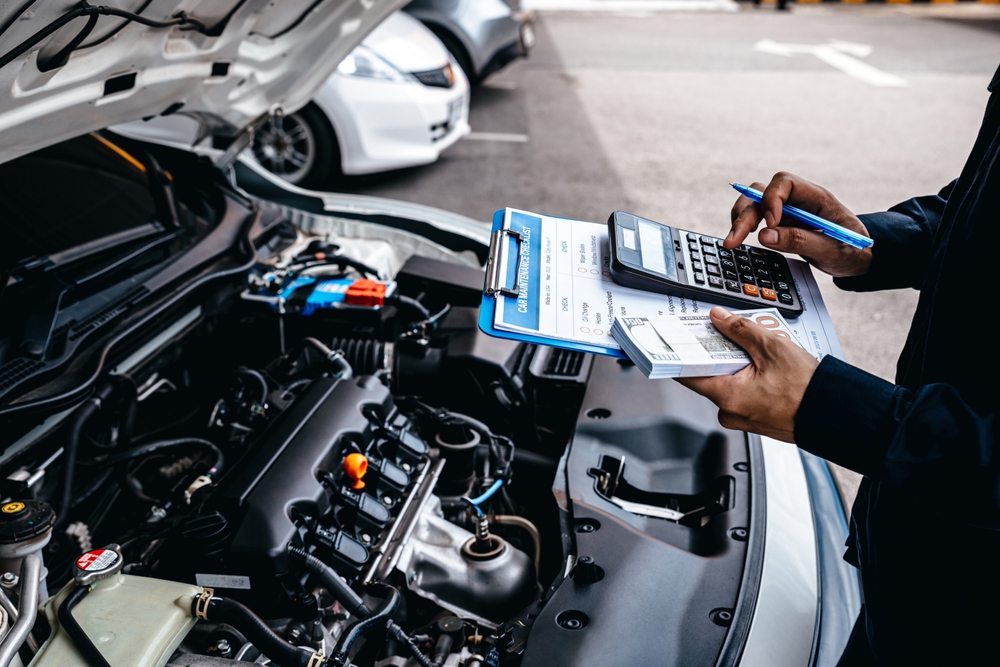
While cheap fuel might save you money upfront, it often leads to increased maintenance costs over time due to the various issues it can cause, such as clogged fuel injectors, damaged fuel pumps, and engine deposits. These issues require professional repairs and can be expensive to fix. To avoid these costs, invest in high-quality fuel that will keep your engine running smoothly and reduce the likelihood of costly repairs. Regular maintenance, including using fuel additives and following your vehicle’s service schedule, can also help prevent issues related to cheap fuel.
Loss of Warranty Coverage

Some car manufacturers specify that using lower-quality or incorrect fuel can void your vehicle’s warranty, especially if it leads to engine damage or other issues. If you consistently use cheap fuel and your engine suffers damage as a result, you may be responsible for the repair costs, which can be substantial. To protect your warranty coverage, always use the fuel grade recommended by the manufacturer and keep records of your fuel purchases. If you experience issues related to cheap fuel, be sure to address them promptly to avoid voiding your warranty.
Accelerated Engine Wear
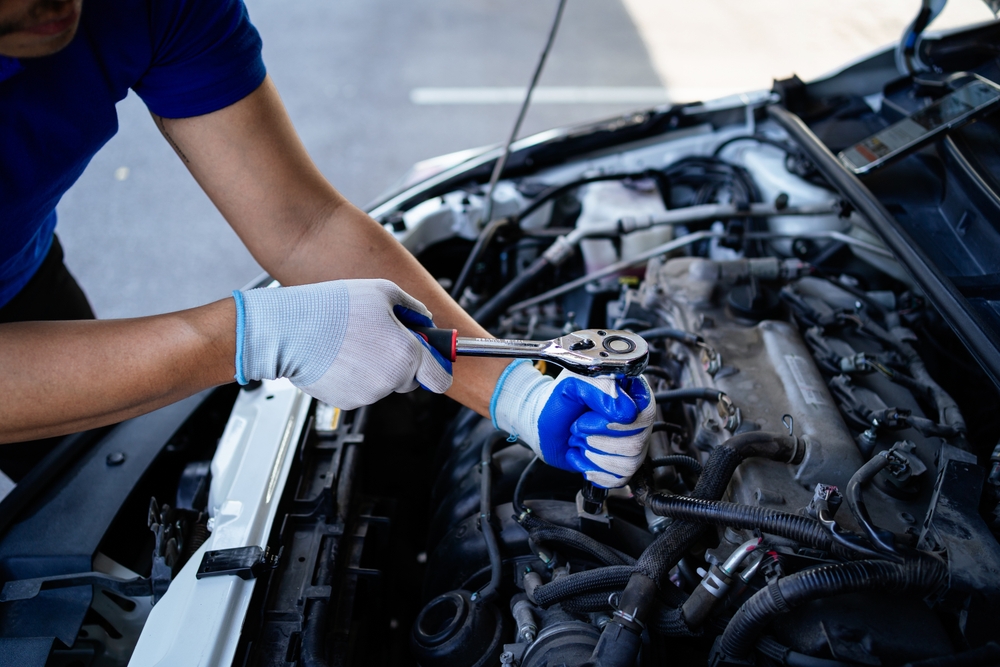
Cheap fuel with lower-quality additives can lead to accelerated engine wear by not providing the necessary lubrication and protection for engine components. This can result in increased friction, higher operating temperatures, and ultimately, a shorter engine lifespan. To prevent accelerated engine wear, use high-quality fuel that includes detergents and additives designed to protect the engine. Regular oil changes and engine maintenance are also crucial to ensuring long-term engine health.
Poor Overall Performance

Overall, using cheap fuel can lead to a decline in your vehicle’s performance, including reduced acceleration, rough idling, increased emissions, and a less responsive engine. These issues not only affect your driving experience but can also reduce the resale value of your vehicle. To maintain optimal performance, always use high-quality fuel and follow your vehicle’s recommended maintenance schedule. If you notice a decline in performance after using cheap fuel, consider having your fuel system and engine inspected by a professional to address any potential issues.
This article originally appeared on MyCarMakesNoise.
More from MyCarMakesNoise
13 Rare Sports Cars Few Have Ever Seen

In the elite realm of sports cars, exclusivity reigns supreme. These rarities are more than just vehicles of speed; they are masterpieces of design and engineering. Read More.
13 Fun Facts About Harley-Davidson Motorcycles

From their humble beginnings in a small wooden shed in Milwaukee to becoming a global icon, these bikes have captured the hearts of riders worldwide. Read More.
20 Unexpected Benefits of Owning an Electric Vehicle

Beyond the well-publicized reduction in greenhouse gas emissions and decreased fuel costs, EVs offer a range of economic, performance, and lifestyle benefits that could significantly impact their owners’ lives. Read More.














